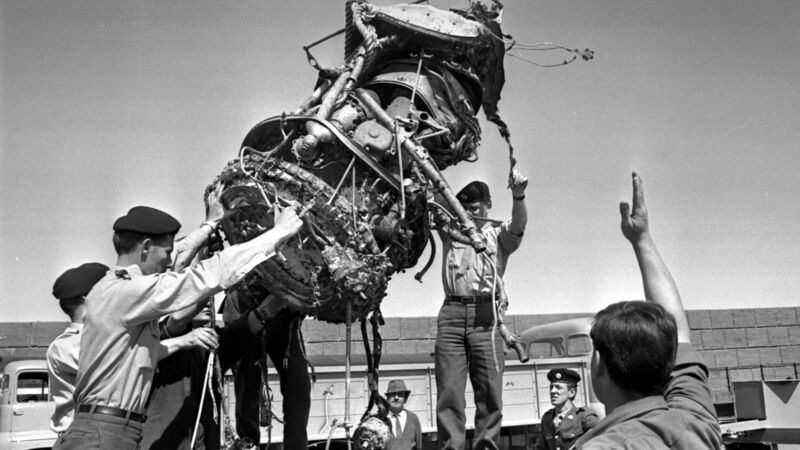Remains of Tuskar Rock victim still to be identified 56 years later

The Aer Lingus Viscount was on a flight between Cork and London Heathrow when it crashed.
The remains of a man believed to be one of the victims of the 1968 Tuskar Rock air tragedy off the coast of Wexford are still unidentified almost 60 years after they were found.
The remains were found in the sea near Tuskar Rock in May 1968 — two months after Aer Lingus flight 712 crashed into the sea off Wexford on March 24, 1968.













